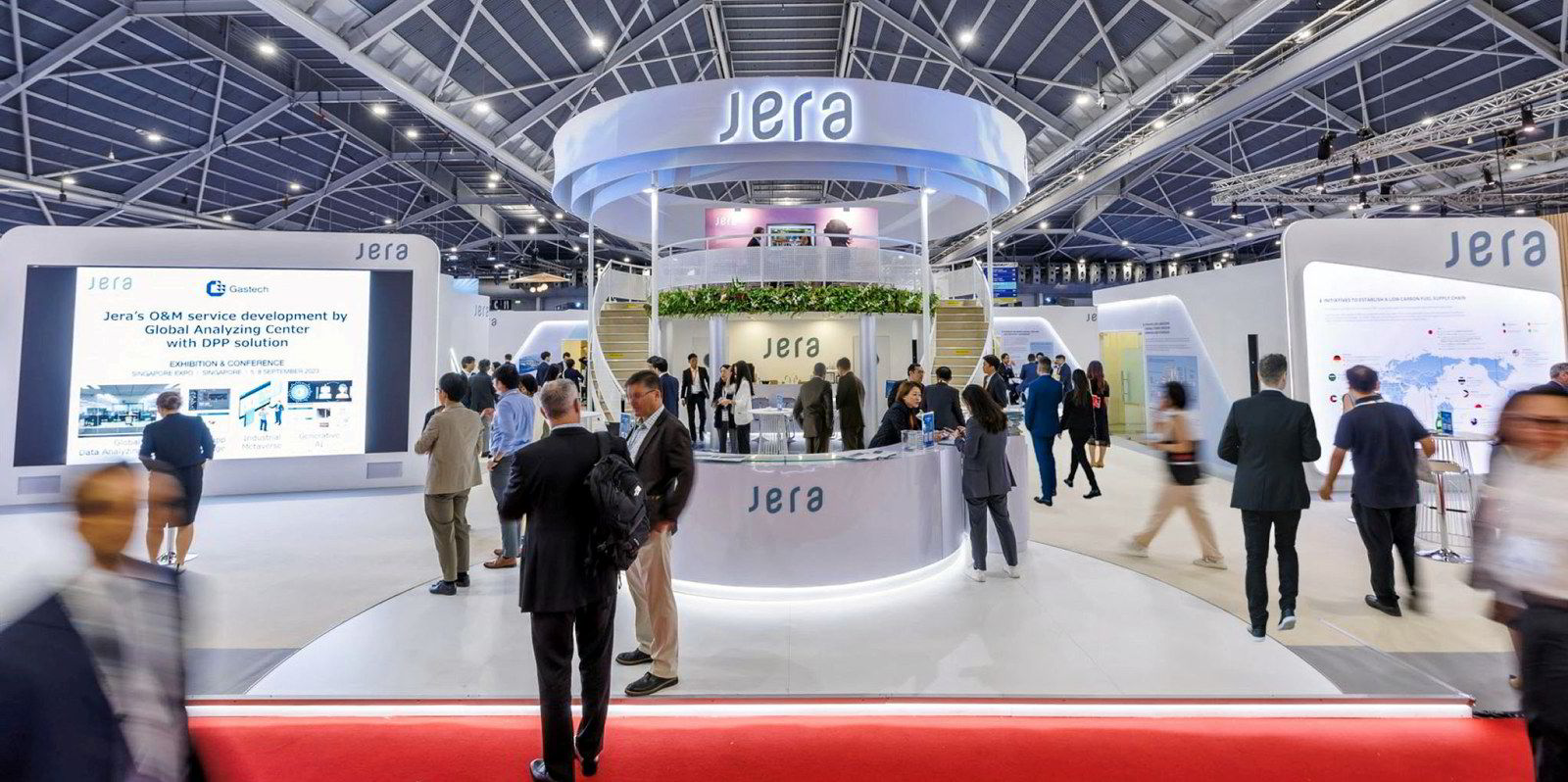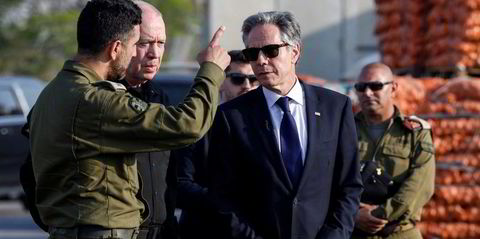Japan’s NYK Line expects the crisis in the Red Sea to help boost its bottom line in the fiscal fourth quarter, it said on Monday.
The shipowner’s liner arm posted a ¥1.1bn ($7.4m) loss for the three months to 31 December versus a profit of ¥161.5m in the same quarter a year earlier.
NYK Line now forecasts that the division will post a ¥14.6bn profit in the fourth quarter, taking its full-year profit to an estimated ¥60bn.
“Cargo traffic is gradually recovering, but it will likely take some time for a full-scale recovery to occur,” the shipowner said in its results statement.
“Although new ships continue to enter service, the demand for space has increased recently due to the impact of the situation in the Red Sea.
“While the outlook for the situation in the Red Sea remains uncertain, higher market levels resulting from the tighter supply and demand conditions have been incorporated into the forecast to a certain extent,” it added.
The rerouting of vessels is the dominant demand driver now for the liner market, according to Clarksons.
The latest data shows container ship Suez Canal transits down 75% as of mid-January versus the first half of December and about 320 vessels currently diverting via the Cape of Good Hope.
Clarksons estimates this is driving a 9% uplift in vessel demand.
Looking ahead, Clarksons said the situation is “clearly fluid” but that many liner companies are planning to reroute well into the first quarter.
News of the possible boost to its financial performance came as NYK Line announced a third-quarter net profit of just ¥40.1bn, down from ¥214.3bn in the same quarter last year.
NYK Line’s bulk shipping arm, which includes dry bulk, energy and car carriers, saw its net profit drop to ¥34.3bn versus the ¥54.6bn seen a year ago.
“Although the capesize market rose through the end of the year, the market levels for panamax and smaller vessel segments were lower for the cumulative period through the end of the third quarter, compared to the strong levels during the same period last year,” NYK Line said.
“Efforts were made to reduce the impact of market volatility by managing exposure.”
For its car carrier operation, NYK Line said supply and demand conditions were tight as a result of the robust transportation demand combined with port congestion and Panama Canal transit restrictions.
“Transportation volumes increased year on year as a result of increased vessel utilisation through optimised vessel deployment,” it added.





